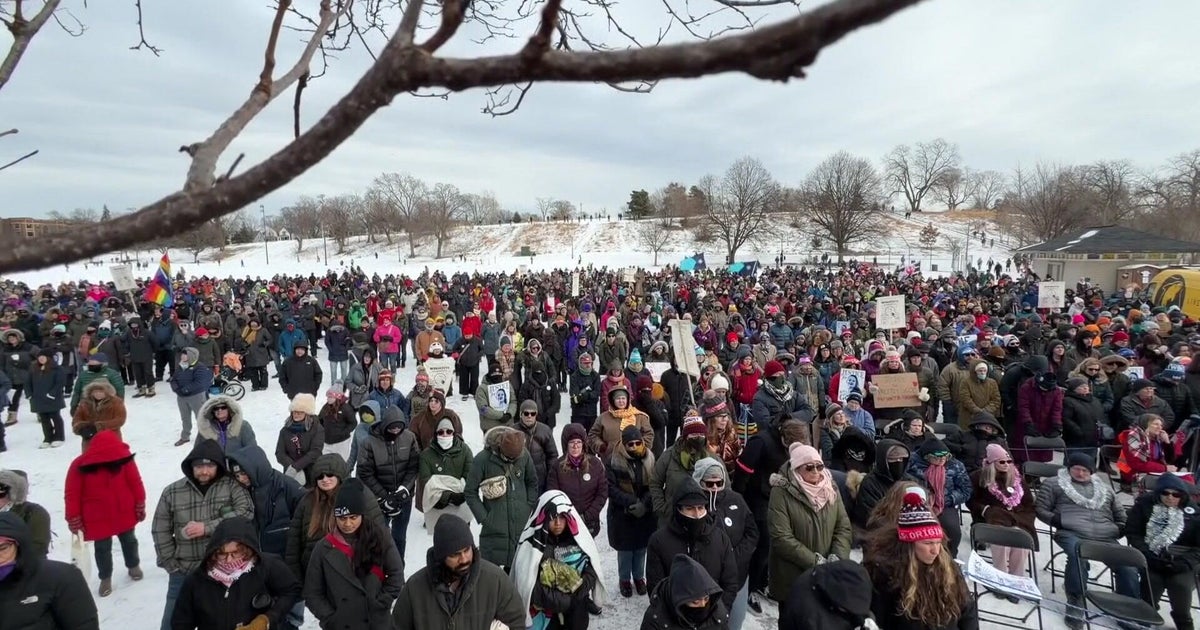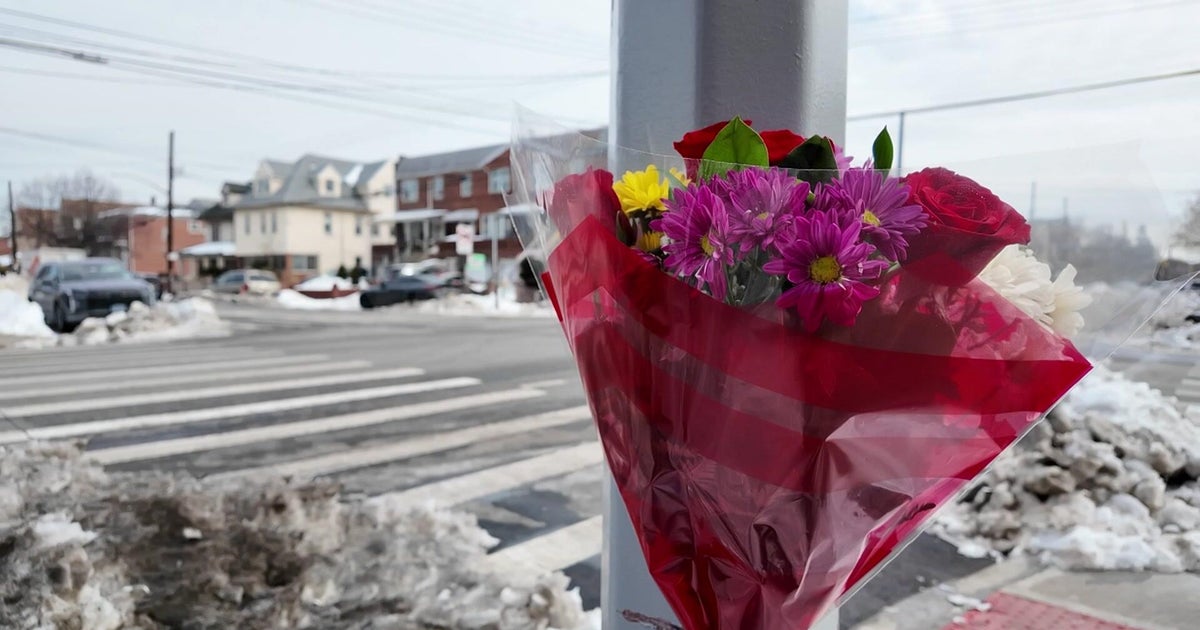Good Question: How Do You Get Asylum?
MINNEAPOLIS (WCCO) - The images out of Europe are heartbreaking – children dying, families trapped with little food and water – as hundreds of thousands of Syrians escape to Europe for a better life. Most of them have been stopped along the dangerous journey by police, chaos and confusion.
Each European country is handling this what's being called the continent's "greatest refugee crisis since World War Two" differently. Some countries have been more welcoming than others.
So, what is asylum? How does someone get it? Good Question.
"For a person to be granted asylum, they generally have to be in the country they're requesting asylum from," said David Schultz, a law professor at Hamline University.
Asylum is the legal concept that grants people the right to stay in a particular country. The massive influx of migrants has countries debating and arguing over Europe's asylum rules.
A 1951 U.N. Refugee convention set the legal minimums for asylum in an international treaty.
"First you have to show some type of fear, a fear of persecution," Schultz said. "That persecution has to be based on things such as your race, your religion, your nationality or your political views. That source of persecution is run by the government or actors under control of the government."
Who decides on that definition of fear or persecution varies by country. In the U.S., it's generally determined by an asylum officer or immigration judge.
In 2013, the U.S. granted asylum to about 25,000 people, about a third of whom were from China. The U.S. also let about 70,000 refugees resettle in the U.S. that year, and most of those people came from Burma, Bhutan and Iraq.
According to Eurostat, more than 200,000 people applied for asylum in Germany last year, followed by Sweden, Italy, France, Hungary and the U.K.
Some countries have looser rules than others. German Chancellor Angela Merkel has been adamant in her willingness to accept refugees and has called for a permanent, mandatory program to distribute refugees within the countries of the European Union. Germany expects more than 800,000 people to seek asylum in 2015.
"There will zero tolerance for those who question the dignity of other people," Merkel said earlier this week.
The U.N. estimates there are 20 million refugees around the world, from Palestine to Iraq to Africa and beyond.
"We're just not hearing about them, because often times those individuals aren't wealthy enough or have enough resources to get to a country to apply for asylum status," Schultz said.







